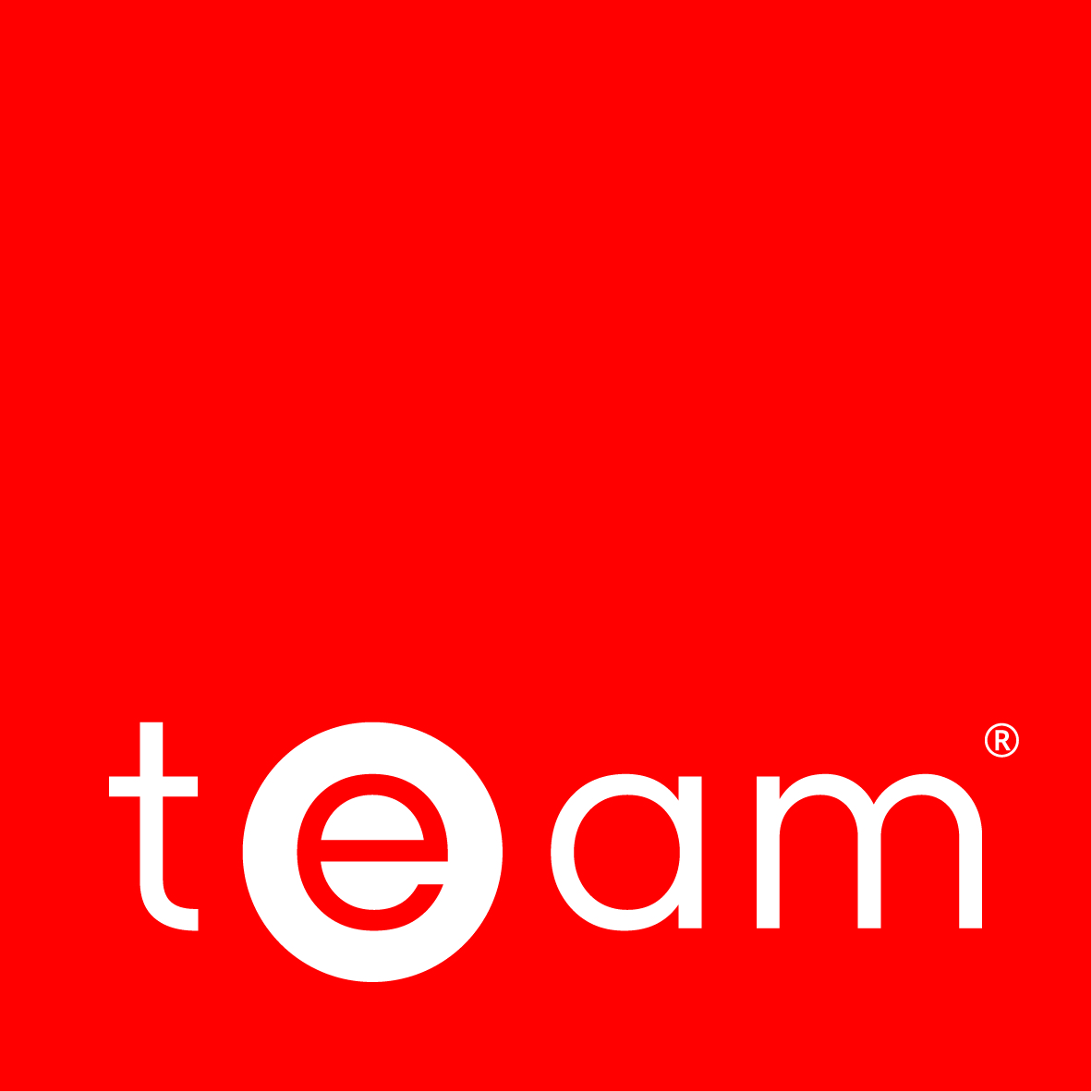More than 17,500 full applications have been made under the non-domestic Renewable Heat Incentive Scheme (RHI) since it opened in 2011, new Renewable Heat Incentive statistics have revealed.
According to January’s Renewable Heat Incentive statistics, released by the Department for Business, Energy and Industrial Strategy (BEIS); 16,317 have received full accreditations; 15,471 installations have received payments and 12,475 GWh of renewable heat has been generated (including Biomethane injected to Grid).
The renewable heat sector, which includes ground and air source heat pumps, biomass boilers, biogas combustion, and solar thermal technologies, is currently supported by the taxpayer-funded RHI scheme.
It provides a continuous income stream for 20 years to any organisation that installs an eligible renewable heating system, ensuring that renewable heat is commercially attractive when compared to fossil fuel alternatives. The scheme is important because it helps significantly increase the level of renewable heat produced in the UK, which is key to the UK meeting its renewable energy targets, reducing carbon emissions, ensuring energy security, and helping to build a low carbon economy.
By 2020, it’s estimated that RHI support levels are expected to bring forwards around:
- 14,000 installations in industry; and
- 112,000 installations in the commercial and public sector
These installations are expected to generate 57TWh of renewable heat.
Renewable heat is crucial to the UK’s long-term decarbonisation efforts, but the Government’s decision to slash electrical renewable power subsidies has left solar firms facing an uncertain future and has, understandably, left many renewable heat developers feeling anxious about what’s in store for them.
